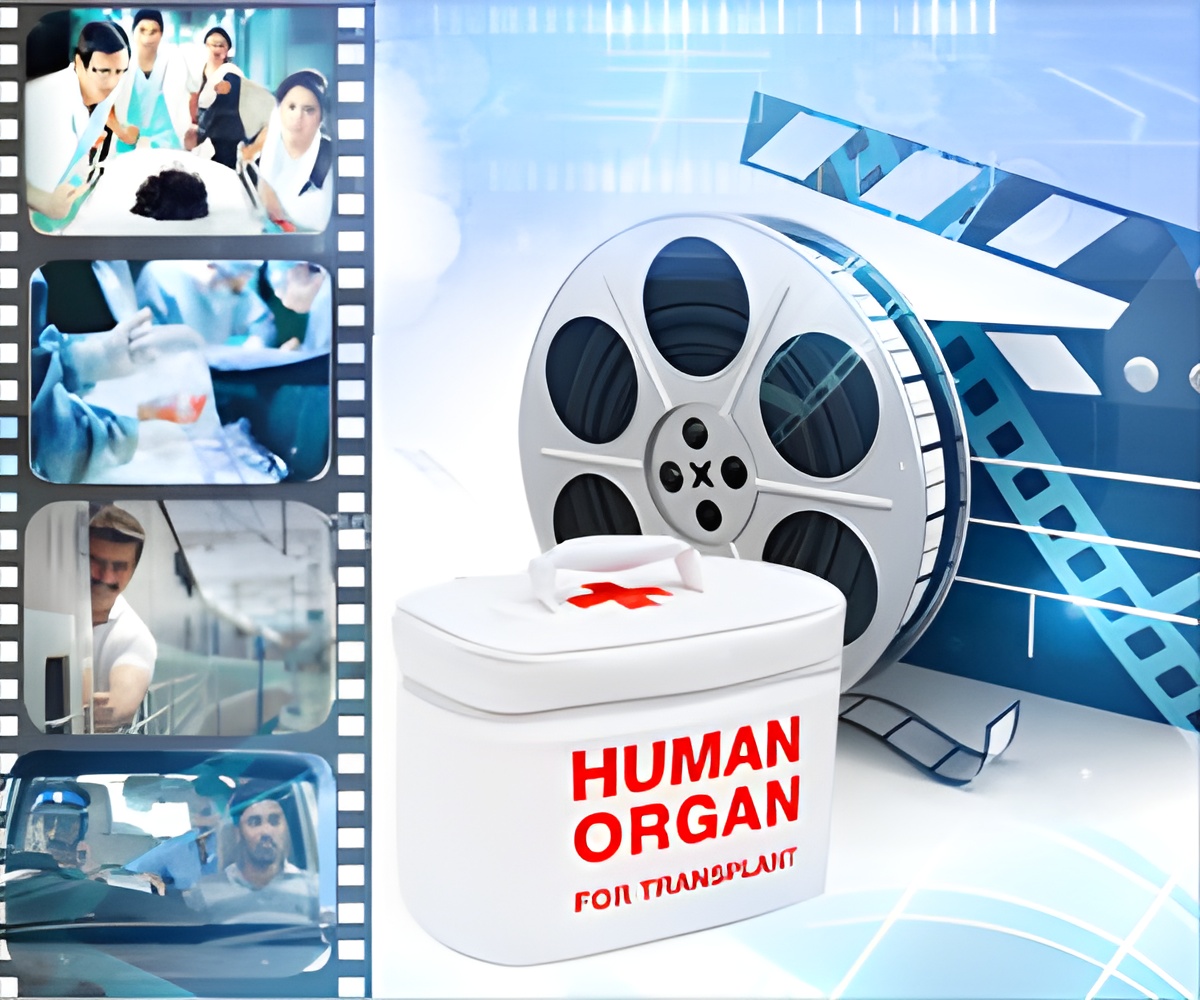
‘After transplantation, the patient's body sometimes identifies the transplanted tissue as foreign and mounts an immune attack against it.’
Tweet it Now
"This exciting discovery is the first step towards testing these cells in humans undergoing transplantation," says Dr. Levings. After transplantation, the patient's body sometimes identifies the transplanted tissue as foreign and mounts an immune attack against it. For this reason, most transplant patients must take immune-suppressing medications for the rest of their lives. In 2014, there were 2,433 solid organs transplanted in Canada and from 2010-2015, there were 52 pediatric solid organ transplants performed in British Columbia. For this study, the scientists removed Tregs from blood donated by volunteers to the Canadian Blood Services. The scientists built a gene that makes a protein called CAR (chimeric antigen receptor). They used a harmless virus to insert the CAR gene into Tregs, which programmed the cells to recognize specific proteins commonly found on the surface of transplanted tissues. The normal role of Tregs is to turn off the immune response and prevent an immune response to healthy tissues. The scientists did a series of experiments that proved the modified Tregs could recognize transplanted tissues and protect them from the immune system.
A related concept is used in a type of cancer treatment called immunotherapy where the patient's own immune cells are genetically programmed with the CAR gene to mount an immune response against tumour cells. "We took this approach from cancer immunotherapy and we used it for the opposite purpose - to turn off unwanted immune responses," says Dr. Levings.
"It's a whole new age in medicine, and we're doing cutting edge work right here in BC," says Dr. Katherine MacDonald, the study's first author. The research was the basis of Dr. MacDonald's doctoral thesis while she was a UBC trainee supervised by Dr. Levings at CFRI. "With this finding, it opens up the possibility to build a gene for any disease where the immune system is overactive," says Dr. MacDonald.
This includes autoimmune diseases, which develop when the immune system destroys healthy tissues such as the insulin-producing cells of the pancreas in Type 1 diabetes or cells of the intestinal lining in inflammatory bowel disease. The researchers say a decade of further work is needed to develop safe and targeted treatments using modified Tregs.
Advertisement
CFRI conducts discovery, translational and clinical research to benefit the health of children and their families. CFRI is supported by BC Children's Hospital Foundation and works in close partnership with BC Children's Hospital, the Provincial Health Services Authority and its agencies, and the University of British Columbia.
Advertisement
The University of British Columbia (UBC) is one of North America's largest public research and teaching institutions, and is consistently ranked among the world's 40 best universities. Surrounded by the beauty of the Canadian West, it is a place that inspires bold, new ways of thinking that have helped make it a national leader in areas as diverse as community service learning, sustainability and research commercialization. UBC offers more than 58,000 students a range of innovative programs and attracts $519 million per year in research funding from government, non-profit organizations and industry through over 8,000 projects and grants.
Source-Eurekalert











